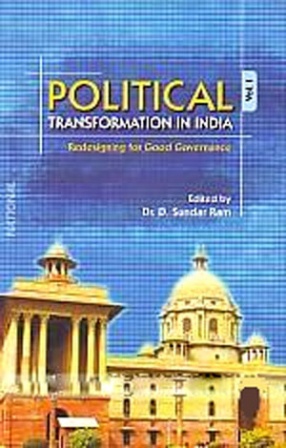
D Sundar Ram

Showing all 12 books
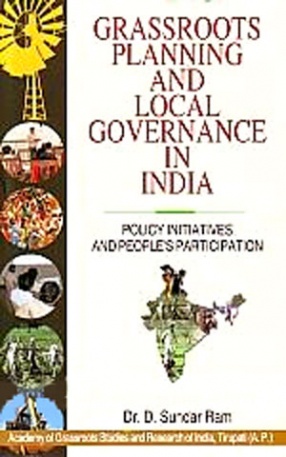
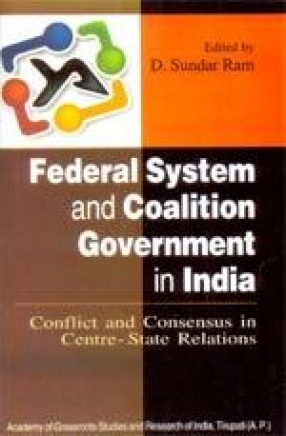
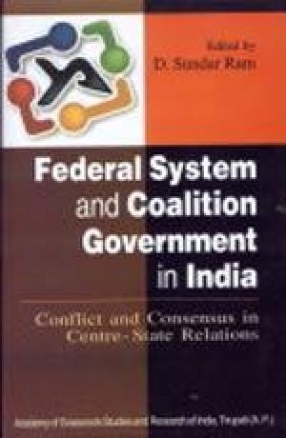



This collection of original essays constitutes an important contribution to the on-going search for alternatives to the dilemmas of the Indian Parliamentary Institutions over the last five decades. A distinguished panel of contributors comprising a former President of the Indian Republic, former Prime Minister of India, a Governor, a former Chief Minister, a former Union Minister, senior Parliamentarians, eminent jurists, administrators, political scientists, ...


This set includes the articles by very eminent and renowned leaders and parliamentarians. This set covers the role of Opposition in Indian Parliamentary Politics during the last fifty years after the independence.

The present Voluem is the outcome of the proceedings of the 2 day UGC sponsored national Conference entitled 'federalism and day UGC sponsored National Conference entitled 'Federalism in Centre- State Relations', held at the PNO & KR College (Acharya nagarjuna University), Narasaraopet, Guntur District (AP), during 10 & 11 February, 2005, under the directorship of the Editor of this Volume. The Volume papers aims at looking at the implementation of ...

Foreword. Preface. List of contributors. 1. Introduction: coalitional governance and centre-state relations in India: from dominant federalism to co-operative federalism/D. Sundar Ram. 2. Changing party system and vitality of the federal structure in India/Haridwar Rai and Vijay Kumar. 3. Exploring representative Governance in India/Snehalata Panda. 4. Representing the states at the federal level: role of the Rajya Sabha/Sandeep Shastri. 5. Role and position of ...
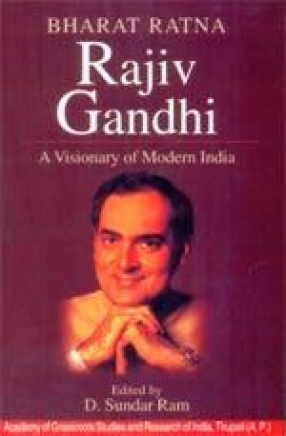
Bharat Ratna Shri Rajiv Gandhi has chartered a new path beckoning the nation to the 21st century. If Pandit Jawaharlal Nehru and Smt. Indira Gandhi laid the basis for the transformation of socio-economic structure of the country, Shri Rajiv Gandhi was creating a new India, which was on the threshold of becoming a great global power. Though he is no more with us, his dreams will continue to guide the country for all time to come. If India, today, has rated more ...
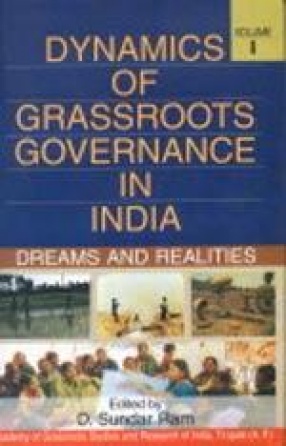
This important volume (set in two parts) constitutes an important contribution to the on-going search for alternatives to the dilemmas of the grassroots democratic institutions over last several years. A Distinguished panel of authors review the strength and weaknesses of the existing Panchayati Raj Institutions--whether it serves the basic needs and aspirations of the people at the grassroots level or have become obsolete and, if so, whether a systematic change ...
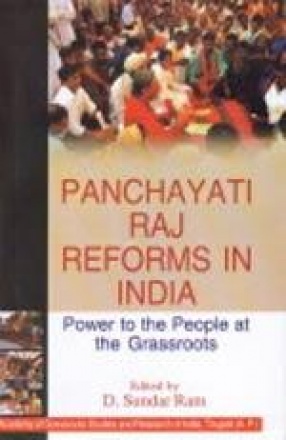
Foreword. Preface. 1. Introduction: Panchayati Raj reforms and empowerment of grassroots democratic institutions in India/D. Sundar Ram. 2. Panchayati Raj in India: an instrument of grassroots development/Mani Shankar Aiyar. 3. Panchayati Raj Institutions in India: power to the people/Subhash C. Kashyap. 4. Institutions of local self-government in India: a distance dream/L.C. Jain. 5. Federation of Panchayati women in India: beginning of a social ...
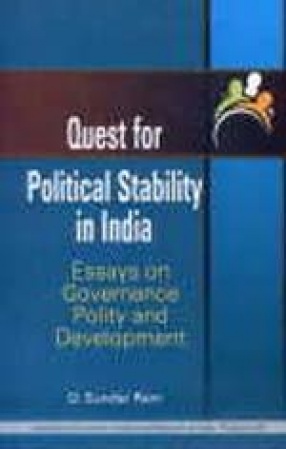
The political events in India since 1989 have exposed the instability inherent in the parliamentary form of government when it comes to dealing with coalitions. It is well recognised fact that the effective political stability is an essential requisite for the successful functioning of a federal government based on parliamentary democracy. Unfortunately, the credibility of coalition governance in contemporary India has suffered a grievous blow in the last 15 ...
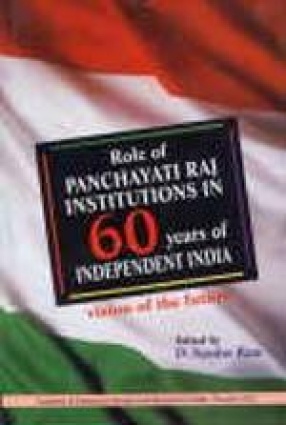
The twenty-five chapters in the present volume, written by distinguished policy makers, scientists, administrators and scholars provide a comprehensive review of the initiatives of various governments at the federal as well as state levels in bringing out a revolutionary Panchayati Raj reforms, through 73 Constitutional Amendment Act of 1992 and various State Panchayati Raj Acts, for transformation of rural India. The distinguished panel of contributors of the ...
